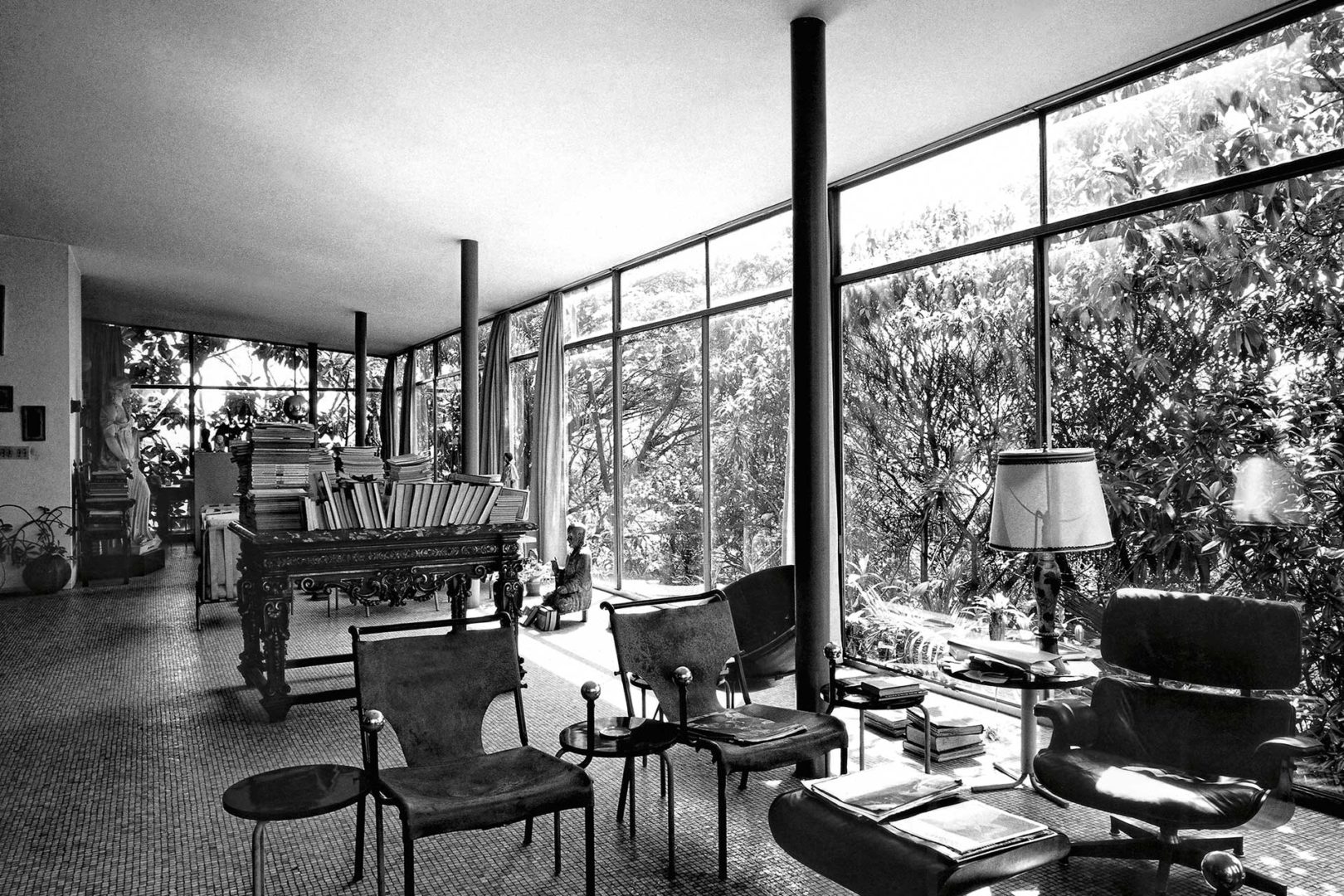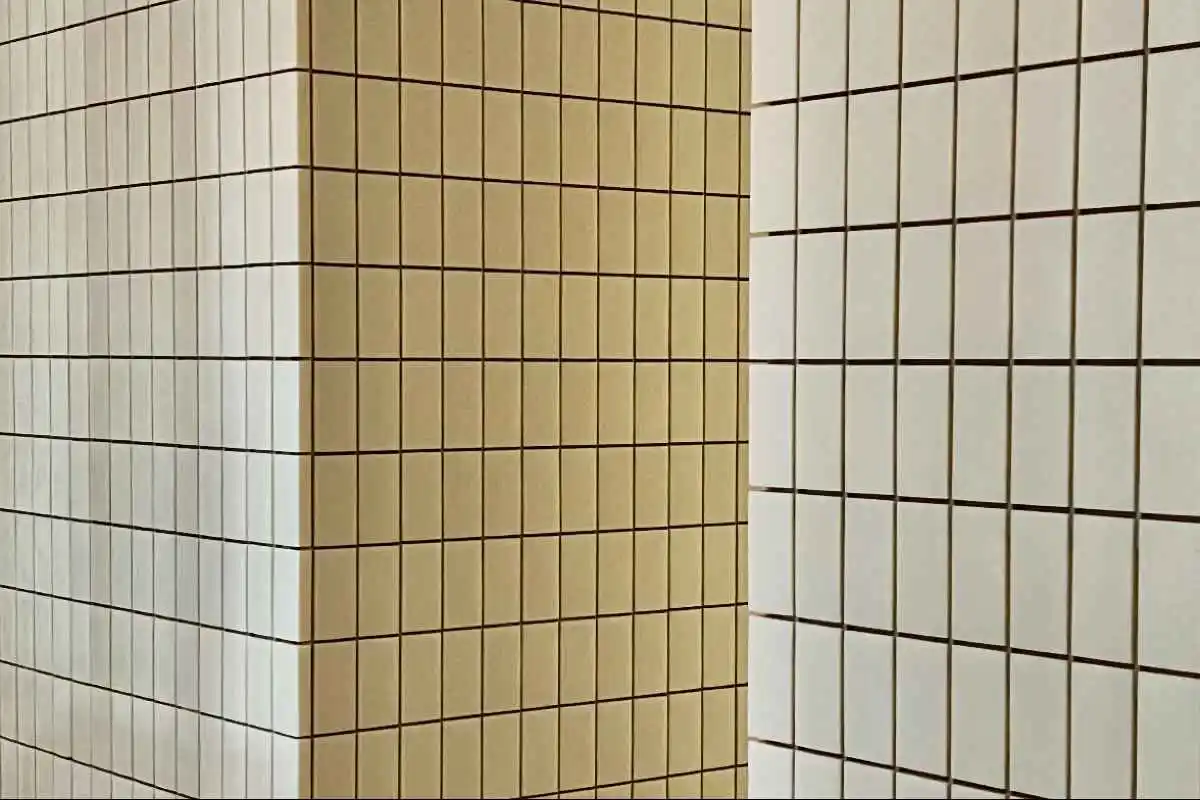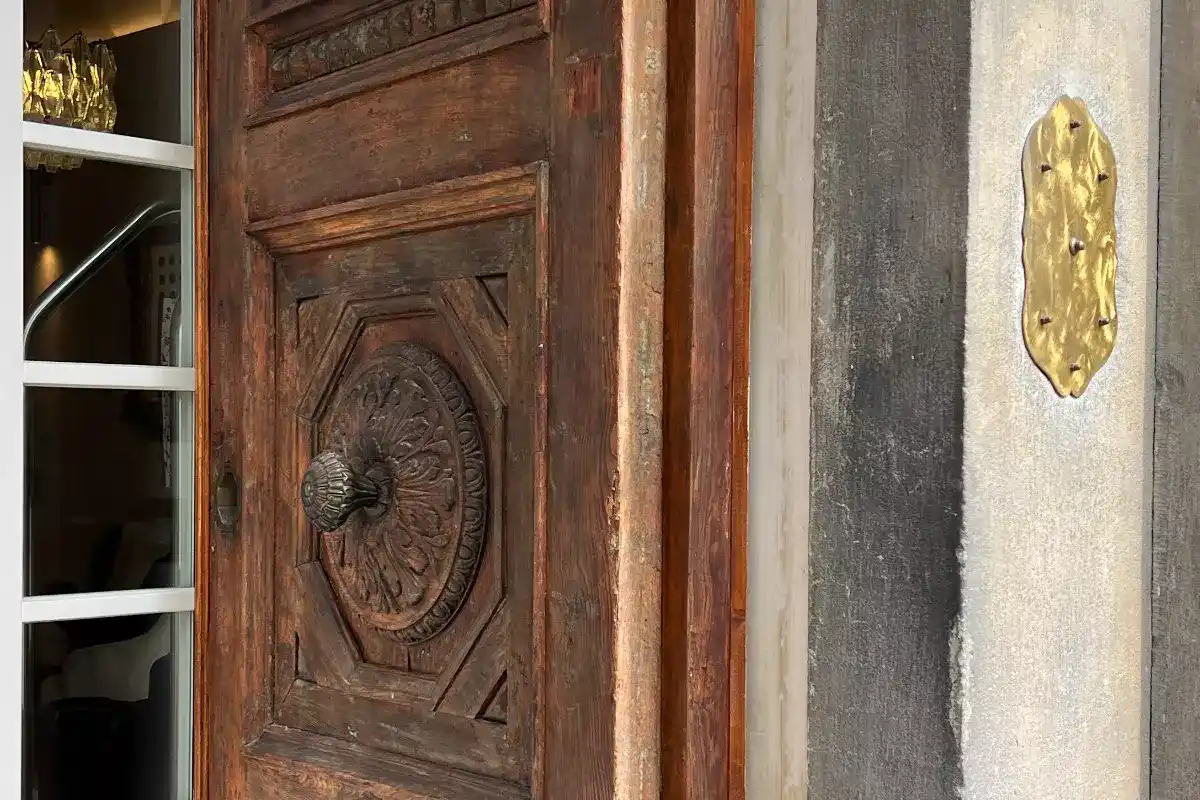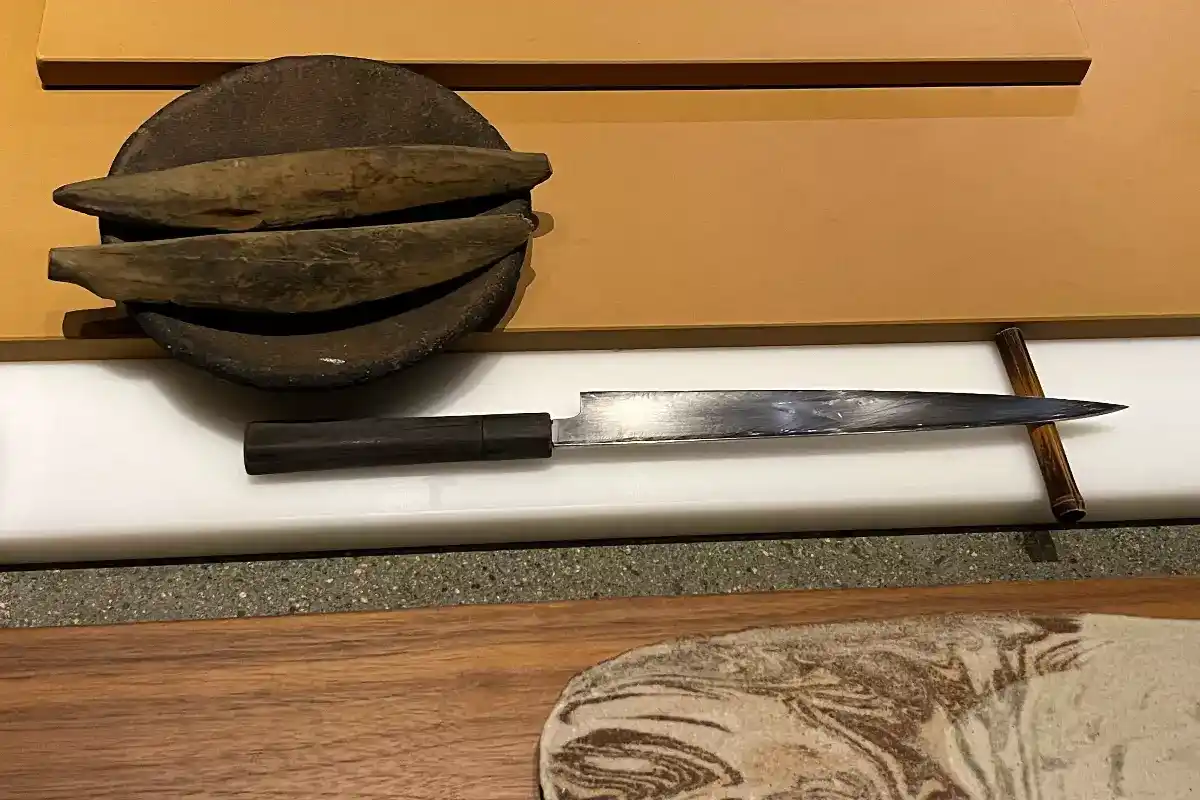An ideology of slow-production with the Japanese philosophy of Wabi-Sabi that encourages finding beauty to embrace the cycle of growth and decay
Obataimu: a fashion label and design studio
Situated in the by lanes of Mumbai’s Kala Ghoda district, Obataimu is a fashion label and design studio founded by Noorie Sadarangani. Upon first impression, the brand’s Japanese influence in identity and aesthetic is drawn in the name. ‘Obataimu’ translating to ‘overtime’ in English. Expanding on the why’s, Sadarangani tells us, «we interpret the word ‘overtime’ as the time spent on each article. We make each product valuing the process above the outcome. Each piece is hand-dyed and made by one tailor from start to finish».
Sadarangani is of Indian heritage who was raised in Hong Kong. She explains that Japanese influence is a representation of her parents and childhood, «my parents are obsessed with Japan. My father worked with Japanese textile specialists and factory experts for years when I was a child. I grew up in Hong Kong, but they travelled back and forth to Osaka. The collaborators were in our home and I inherited their fascination at a young age».
Slow-production as the guiding principle of a clothing line
Obataimu fuses their ideology of slow-production with the Japanese philosophy of Wabi-Sabi that encourages finding beauty to embrace the cycle of growth and decay. «The Wabi-Sabi principle guided us, with our experimental-line, which is like an art collection. Every year, we will create a line based on a workshop performed with the tailors. We pick a theme based on that creative brief. Each tailor then presents a project based on the brief, using textiles, as paint or as paper origami or through referencing architecture. I then collect the ideas that came out of the workshop and distill them into a collection».
Described as being ‘conceived in Tokyo and born in Mumbai’, Obataimu has adopted afflatus from its surroundings. It now aims at creating a concoction of the two cultures. «My aesthetic has been minimal. The palette has been inspired by trips and my chase for the Indian jungle, which has evolved into jungle adventures every year. Our patterns and ideas come from observing, meeting people in India, textures found on the streets and the peeling walls, yoga and tantric art».
The construction via repurposed materials at Obataimu
The studio stands at 570 feet and is in repurposed materials to portray Kala Ghoda’s industrial history. «I wanted to bring the spirit of the neighborhood into the shop. In terms of sourcing, we found the products within the neighborhood as it was not gentrified when we started. It was an electric and industrial neighborhood, apart from legal offices. That inspired the store».
«The flooring of the shop is in an embossed-metal scene that is used on busses and trains. We finished it with a white lacquer of polish, transforming its look. The ceilings are made of shipping crates and some of the others are made of cork, which we buffered with a toner. The light installation is made of induction wires from AC units, and the gate outside of the shop is made of Supari, which is the betel nut tree that is chewed colloquially in India, but we realized it has properties to match that of bamboo».
The ‘made-to-order’ model for the sustainable practice
The brand hopes to promote sustainability by working from a made-to-order model. «We set up the dying atelier in Gujarat as our first step of Obataimu. With a background in painting, color is of value to me: it allows us the flexibility to play with tones. The collection is about everyday life. We wanted to draw from nature in terms of what we gain from it in a day, bringing that play of color and mood into clothing without having to order quantities of one color and dictate four color trends for the season causing production limitation».
«We use chemical-dyes, not natural-dyes because they last. Wanting to do it sustainably, we had to find a plant which treats chemical-dyes and recycles the water for the enzyme washes and testing treatments. We found a space where we could rent within a plant and collaborate with the parent company. That is why we had to relocate from the plant in Maharashtra to Gujarat. The dyers were unlike the tailors who come from skilled backgrounds. I became friends with them in India’s slum, Dharavi. And I didn’t want to work with them in their conditions because the chemicals in the dyes were leading to the sewage. We invited them to work with us and to relocate to the space in Gujarat. They accepted and formalized the operation», says Sadarangani.
«It took us two years to develop those fabrics»
To avoid cacophony between Obataimu’s clothing line and experimental collection, the brand «blends the palettes in a way where the store flows like a painting». The clothing line focuses on bringing the comfort of sleepwear into workwear by blurring the lines between a public and private self. It is currently focused on producing an adult swaddle blanket for 2021.
«It took us two years to develop those fabrics, to achieve the weight and touch of the human hug. It’s what we see as the need of the hour in times when touch is disappearing». This year, Obaitamu has partnered with Chef Phuong Tran of Croft Alley in Los Angeles.
The project has been put on pause due to the pandemic but will continue. «We set up a showroom afterhours in the kitchen and combined it with food. Obataimu will do the art direction, editing and publishing of an auto-biographical cookbook by chef Phuong Tran that will be sold on our website. Our collaborative events will revolve around our ‘open kitchen philosophy’ across fashion, food and everyday life».
The community-building practice
Since its inception in 2012, Obataimu has taken forms: being a studio, hosting ceramic and psychoanalysis workshops and Jazz nights. «Our primary interest at the end of the day is building a community». Obataimu identifies as a studio, «that was the vision, but it took time to get there. The space has played a role in community building in Mumbai and we will be able to bring elements of this to Los Angeles, in collaboration with our partner where we will be incorporating food into the experience».
Due to Covid, Obataimu will continue their journey through a digital space in the future. «Through 2021 it will be our online experience combined with appointments and food events in Mumbai and Los Angeles due to the pandemic». When asked about how they will uphold their principle of ‘slowing down’, Sadarangai says, «It will be an e-shop, but it will be accompanied with narratives, process notes, visual stimulations and a blog».
Obataimu
Ground Floor, Machinery House, 3, S Bharucha Marg, Kala Ghoda, Fort, Mumbai, Maharashtra 400001, India




















